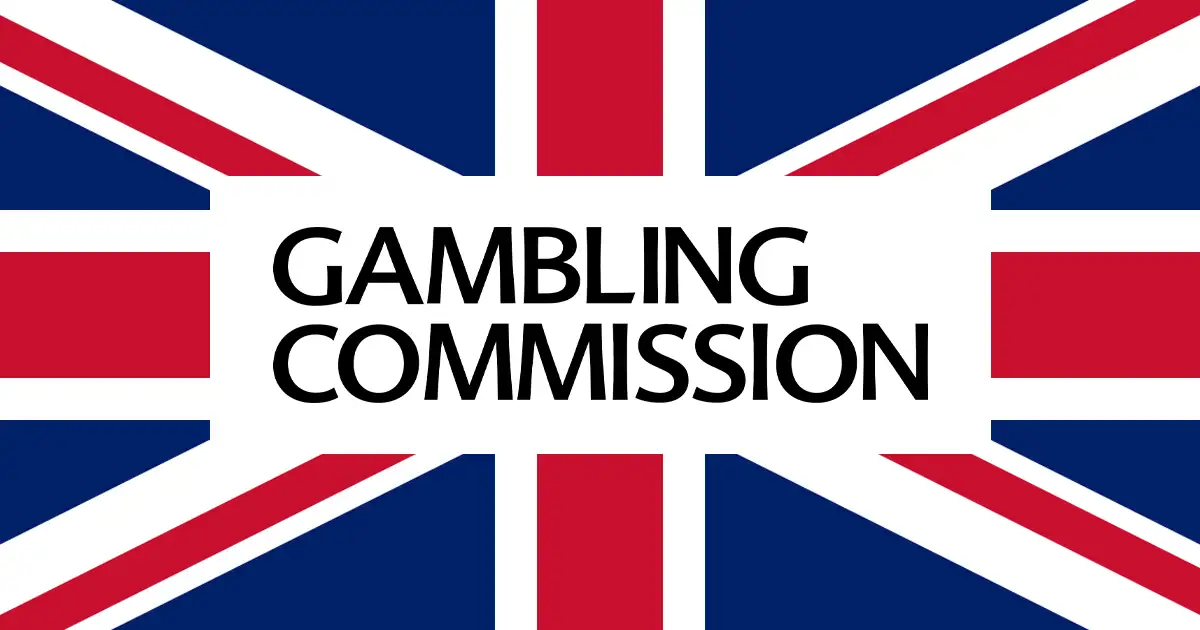United Kingdom: 643,000 betting accounts restricted in 2024
In 2024, the United Kingdom Gambling Commission (UKGC) revealed that 4.31% of active betting accounts (643,779 accounts out of nearly 15 million) had been subject to commercial restrictions. These actions ranged from betting limits to outright closure, with no direct link to anti-money laundering or financial vulnerability.
How do these restrictions manifest themselves?
The most common form is the imposition of an automatic betting limit on the account: 2.68% of active accounts received such a limit, representing 62.17% of restricted accounts.
For 51.69% of restricted accounts, the operator chose to close the account completely. In addition, 0.83% of active accounts (19.15% of restricted accounts) had their betting limits set to £0.00, rendering the account inactive without formal closure.
The profile of restricted accounts reveals a clear trend: profitable bettors are much more likely to be restricted. Among restricted accounts, 46.78% were profitable, compared to only 25.42% of active accounts. Conversely, 72.54% of active accounts were at a loss, compared to 51.29% of restricted accounts.
Why these practices? Economic logic vs transparency
The Commission recognises that operators act in accordance with their commercial and risk management interests. However, it is pushing for greater transparency, emphasising that customers deserve to be informed of the restriction criteria applied to their accounts.
In the absence of uniform rules, each bookmaker decides on its own thresholds: it is therefore often impossible for bettors to understand why and how the restriction is imposed.In total, nearly 650,000 betting accounts in the United Kingdom have been restricted, mainly because of their profitability. While this strategy meets a need for commercial risk control, it causes frustration and migration to unregulated markets.


